Crunch time for the nation – and the PM
This decade will shape how the country manages in years to come, says Anthony Albanese – but is Labor up to it? The PM speaks to Inquirer in an exclusive interview.
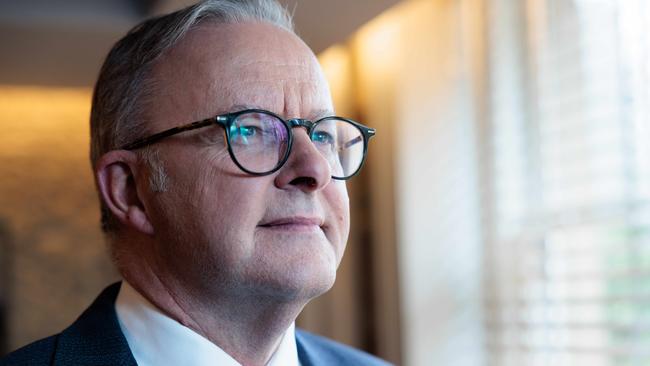
Comparisons with the 1930s continue to be made in current assessments of the global strategic situation. Australia sits firmly within the nexus of an increasingly brittle balance in the great power competition, commitments to conflicts in eastern Europe and, whether it likes it or not, the Middle East.
Rhetorically, the Prime Minister is aware of the challenges and dangers, and that the primary domestic political challenge of cost-of-living pressures could easily become captive to further global shocks. The great question is how Albanese responds to increasingly critical security issues, including defence, while keeping fidelity to the broader demands of an increasingly agitated constituency as households continue to see their living standards eroded.
“This decade will shape how Australia is able to not just manage the years ahead but prosper in the years ahead,” Albanese tells Inquirer in an exclusive interview.
“You have strategic competition in the region and global uncertainty that potentially flows through to the economy, and that is something you just have to factor in. There are three areas of potential shock: one is global pandemic, which we have seen the impact of; the second is cyber security, a huge risk factor; and the third is conflict. And I would add to that climate change.
“And the impact of conflict in Ukraine continues to play out, you have the Middle East, and there is a cost to this global uncertainty. Part of the response is to look at defence and national security, whether it is AUKUS or cyber security.”
The key pieces of the strategic equation include not only those Albanese cites but also China and the increased tensions over Taiwan and increasing potential for regional conflict.
There is also the wild card – the possibility of Donald Trump returning to the White House.
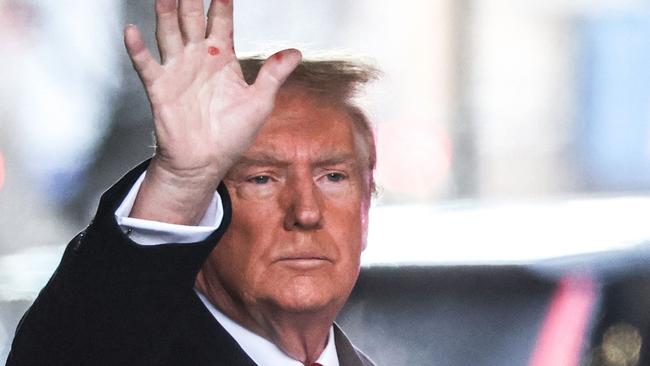
These are uncertainties, some or all of which could have a profound impact on the strategic and economic landscape. Albanese says he is optimistic amid ominous international and domestic challenges. But there are profound questions that must be addressed.
At the heart of it is this notion Albanese is keen to promote – resilience. Albanese says this remains the driving principle behind his thinking in shaping policy in the year ahead.
When asked whether he will be taking a more active role in overseeing the problems in defence, and the fast-tracking of capability, Albanese’s response is unequivocal. “Absolutely,” he says. This is a significant declaration. It suggests Albanese intends this year to take a greater command role over the defence and national security space as key pre-election issues.
Asked if Australia is equipped to deal with threats and whether further fast-tracking of capability is needed, the Prime Minister insists it is a priority for the government.
“We are doing that,” Albanese says. “You can’t defend Australia with a press release, you need assets. That’s what the strategic review was about; it identified some of what we need to do. We are dealing with that.
“There were so many programs over budget and behind time.”
The urgency underlying Albanese’s language on defence is one thing. Legitimate questions around confidence in the government’s ability to deliver remain.
Strategic Analysis Australia director and former Defence bureaucrat Peter Jennings is one of the more vocal critics of the Labor government on defence.He agrees with Albanese’s sentiment but voices surprise by the acknowledgment of what is at stake.
“There are a lot of trouble spots, no question,” Jennings says. “I think (Albanese) has the right sense of it, but it is bewildering to hear it when you look at the policy settings Labor has toward this momentous decade. I agree with the diagnosis that it will be a challenging decade … the first thing we need to navigate this decade is a stronger defence force. All the rhetoric says that, but none of the behaviour indicates an attempt to do anything. This is now profound in ways that are not making it to the headlines.”
Having neutralised defence and national security as election issues in 2022, Albanese is under pressure to deliver, and beyond just the AUKUS defence agreement.
Jim Chalmers is blunt about the risks. He also points to an uncertain world and events that will weigh on Australia’s economy at the same time as satisfying defence capability in the budget.
“There is no shortage of challenges in our economy as we start 2024, but we are confident that we can get on top of them as a country,” the Treasurer tells Inquirer.
“Higher interest rates are slowing our economy, we are seeing global uncertainty and global conflict, there’s persistent inflation even as it has moderated substantially since 2022, and we’ve also had severe weather across the country.
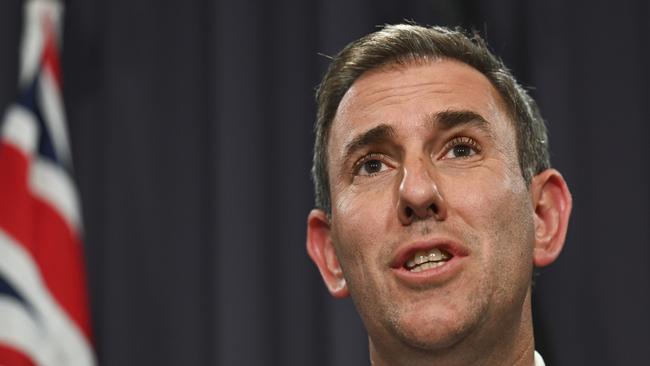
“All of this combined will weigh on our economy in the opening months of 2024 and in the year ahead.”
Beyond cost-of-living relief, Chalmers also flags defence spending as a priority.
“When we look out to the region, we see intensifying great power competition, rising tensions, military build-up and also reduced warning time for conflict,” he says.
“The government is clear, and the Defence Strategic Review is clear, on the changes in our strategic environment.
“We will make sure members of the Australian Defence Force have the capability they need to protect and defend our country, that’s a priority. Defence is one of the five fastest growing areas of government spending but I’m confident we can satisfy our geo-strategic objectives and our fiscal strategy at the same time. One of the most important reasons to get the budget in much better nick is so we can afford our priorities, build a buffer against uncertainty and save on debt interest.”
Peter Dutton agrees that military capability will be among the top-order issues this year, with Defence beset with program delivery failures across both army and navy surface-ship platforms.
“How can the Prime Minister say this is the most precarious period for Australia since the second world war and then do nothing about it?” the Opposition Leader says.
“The Prime Minister was obsessed with the voice and for the past 18 months he hasn’t done anything to strengthen Australia’s defences. The $450m spent on the voice should have been spent on our defences.”
While the decade ahead may shape the global architecture that decides Australia’s place in it, it is the year ahead that will be decisive for Albanese’s leadership and for Labor’s ambitions.
Albanese ended last year in negative territory, having eroded his political capital on the failed referendum and political paralysis when it came to unexpected events such as the High Court’s decision ruling that indefinite immigration detention was unlawful.
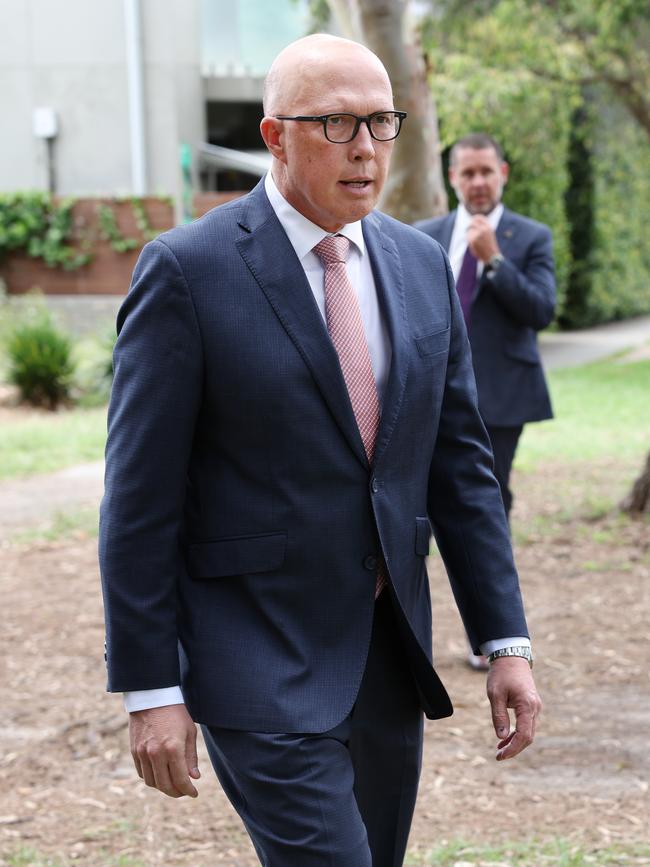
Although Labor remains in an election-winning position, support has been trending away. It has lost significant ground in the key demographics often defined as middle Australia. The gender gap that had traditionally favoured Labor among female voters – who polls show are more sensitive to cost-of-living indicators – also has evaporated.
This needs to be arrested.
The Dunkley by-election to be held in the first quarter of the year, following the death of Labor MP Peta Murphy, looms as the first and pivotal political test for Albanese this year.
In a mortgage-belt seat such as this in the outer suburbs of Melbourne, the debate on living standards is amplified. This will be the defining feature of the post-summer political contest.
Albanese tells Inquirer that next week he will receive advice from Treasury on further cost-of-living measures. The assumption is that this will promote further subsidies on energy bills. This bringing forward of further cost-of-living relief before the budget will have Dunkley in mind.
There are echoes of the start of last year. This year, like last year, is beginning with a by-election in a suburban Melbourne seat – the 2023 one being the then Liberal-held seat of Aston, which Labor won in a historic defeat for the Coalition.
But the environment is starkly different now.
For Aston, voters might have been asking themselves whether they had made the right call on electing Labor in May 2022, but judgment day hadn’t arrived. It was a benign environment for Labor to run a campaign in.
A year later, now past the halfway mark and into the twilight zone of the cycle, the choice voters made at the 2022 election is no longer relevant. But neither is the electorate necessarily looking at choices yet for the next election.
They will be looking at Albanese and the federal Labor government and asking if they are doing enough for them. And the only issue that matters is cost of living.
The challenge for Albanese is the risk of putting the foot on the accelerator too early while the Reserve Bank of Australia still has its foot on the brake.
Obvious options of giving people direct relief, as was the case during the global financial crisis, are not available to Albanese. This has restricted his political range to highlighting the indirect cost-of-living measures already taken, such as fee-free TAFE, childcare, Medicare reforms and energy bill relief.
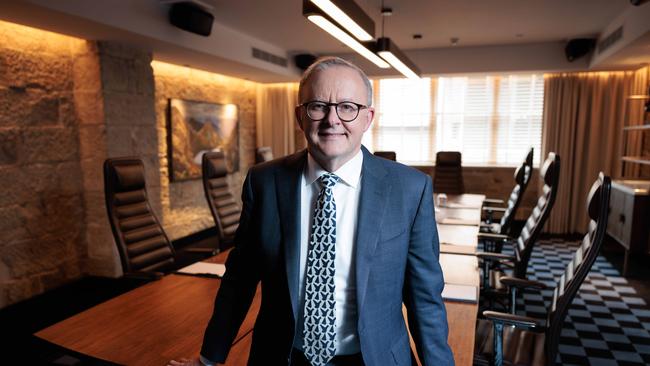
The Prime Minister acknowledges the challenge. It is not one unique to Australia. This has become a problem for incumbents across the world – in a year when many governments will be going to elections – where big reforms, such as the Inflation Reduction Act and infrastructure program in the US, have failed to excite voters who can see no immediate benefits for them. There are a lot of parallels with what Albanese and Chalmers are faced with.
“It’s a considerable political challenge, to deal with that,” Albanese says. “I’m pretty optimistic about where Australia is positioned. Economically, we have created 700,000 new jobs whilst inflation is decreasing … that old trade-off that was deemed inevitable hasn’t occurred. We are getting wages moving at the same time as producing the first budget surplus in 15 years.
“At the same time, the impact of economic change has been variable … there are some people doing it very tough under cost-of-living pressures … so we need to make sure we target relief to those people at the same time as not putting pressure on inflation.
“That has been the big task that we’ve had – to explain you can’t simply resolve some of these issues immediately … that you need to work on them.
“People are under pressure; when you have had inflation having an impact on households, particularly for those people who have mortgages and low and middle-income earners, they are under pressure. I’ll receive next week further advice from Treasury and Finance about ways we can take pressure off Australians, what measures can be taken.
“Something that is important is getting wages moving … real wage increases, but there will be consideration in the lead-up to the budget to what measure we can undertake.”
Economist Chris Richardson says Albanese is right to be concerned about the global situation. But he also cautions that Labor is about to take a big gamble on early cost-of-living relief with so many unknowns still ahead.
“A lot can go wrong,” Richardson says. “There are a bunch of people out there, Trump is one, Putin is one, Xi, and you look at Iran, and their objectives are all very different to the objectives of the rest of the world.
“Economically, Australia and the world are in a better situation than was thought a year ago. The much forecast recessions didn’t eventuate. There are two things going on. Economies are more resilient to interest rates than thought, and inflation is also better than expected. The repairing of supply lines helped a lot. But we won’t know a range of these things yet.
“There remains a chance that the tighter condition around the world and the resilience shown in response may be temporary and the economics turns out to be worse. Having said that, looking at economics through a political lens, 2023 was the year that the political economy got worse, 2024 could be the year it gets better.
“Wages may grow a bit faster than prices, and chances are interest rates don’t go up again.”
Richardson says he believes at this late stage, and despite equivocation, the stage three tax cuts are locked in. But timing will be everything. “There is a reasonable chance the Albanese game plan of fulfilling stage three, methodically ticking off a range of election promises, doesn’t cause inflationary danger. The major risk of course is Albo himself.
“You see that in the acceleration of the timeline in the cost-of-living relief. They are clearly willing to run a bit of a risk, inflation news is good enough and the polling is bad enough that they are willing to move the chess pieces.
“The point is that there are risks … and they are making it harder by what they might do on cost of living. You don’t need much to go wrong.”
Chalmers and Albanese are now threading the needle on meeting the intensifying political demands of household relief and the economic imperative of not throwing fuel into the inflation fire.
“The primary challenge in our economy is still inflation, and that’s why it is still our government’s primary focus,” Chalmers says.
“The tick up we’ve seen in recent data in the US and parts of Europe cautions us against complacency because it’s a reminder of the ongoing impact of global economic uncertainty.
“We are making welcome and encouraging progress in this inflation challenge and the government’s policies are helping, but the fight is far from over.
“It’s not yet mission accomplished on inflation.”
The Coalition sees this cost-of-living contest expressed through energy costs.
“This year Labor’s renewables-only policy is going to come home to roost,” Dutton tells Inquirer.
“Power prices are already through the roof. Energy uncertainty and cost is feeding into business failures and manufacturing is going offshore. It is a disaster and people are going to lose their jobs in businesses that used to be profitable before the Albanese government was elected.”
The Prime Minister is already showing signs that he has learned from the government’s poor political management that dominated the second half of last year, punctuated by the failed Indigenous voice referendum.
He has been quick out of the blocks in 2024, attempting to set the political agenda early, beginning with his attacks on supermarket pricing.
This is a sign of two things: a recognition that Albanese needs to take greater command of the top-order issues, and concern perhaps that the by-election contest in Dunkley might be tighter than Labor had been expecting.


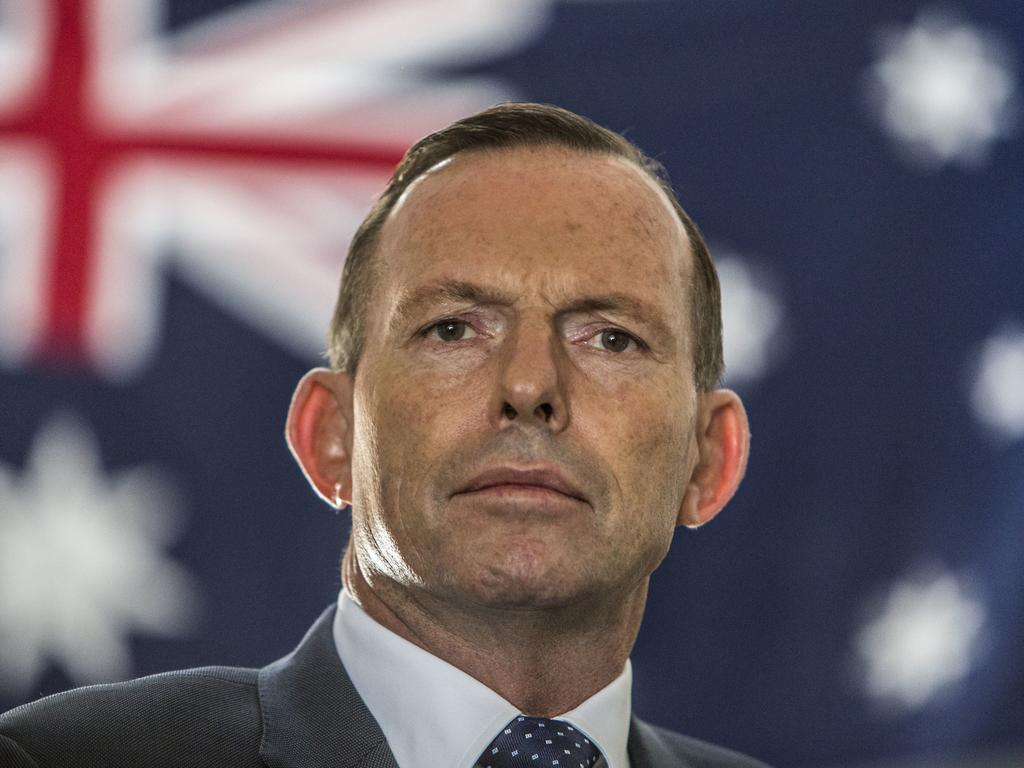
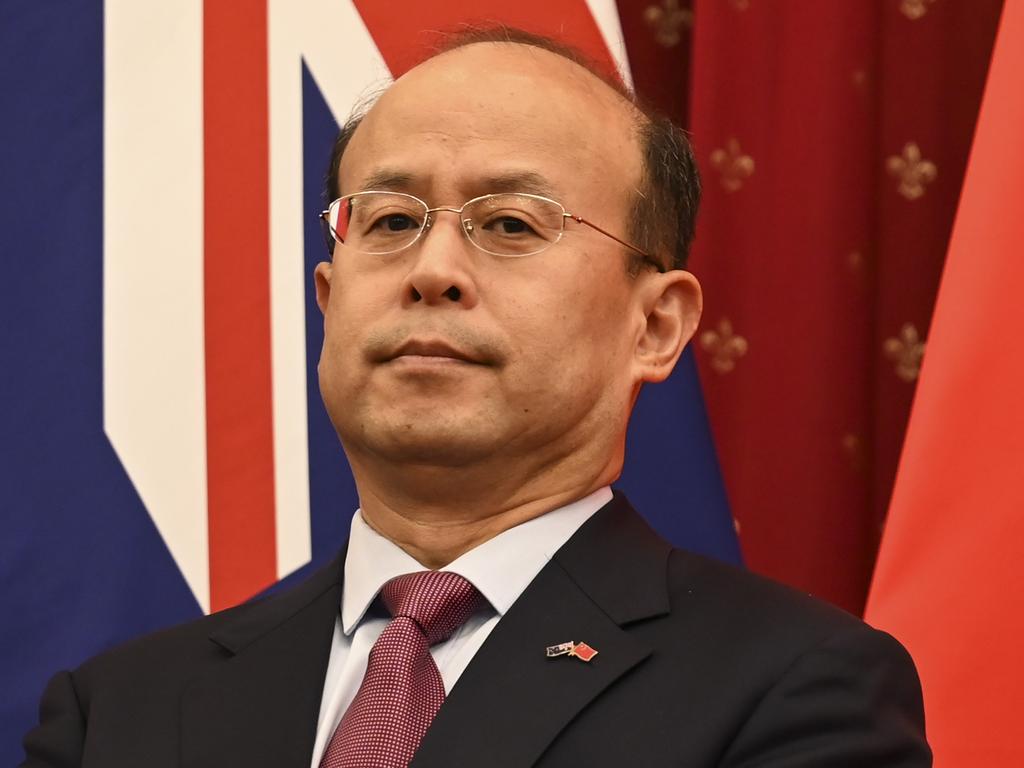
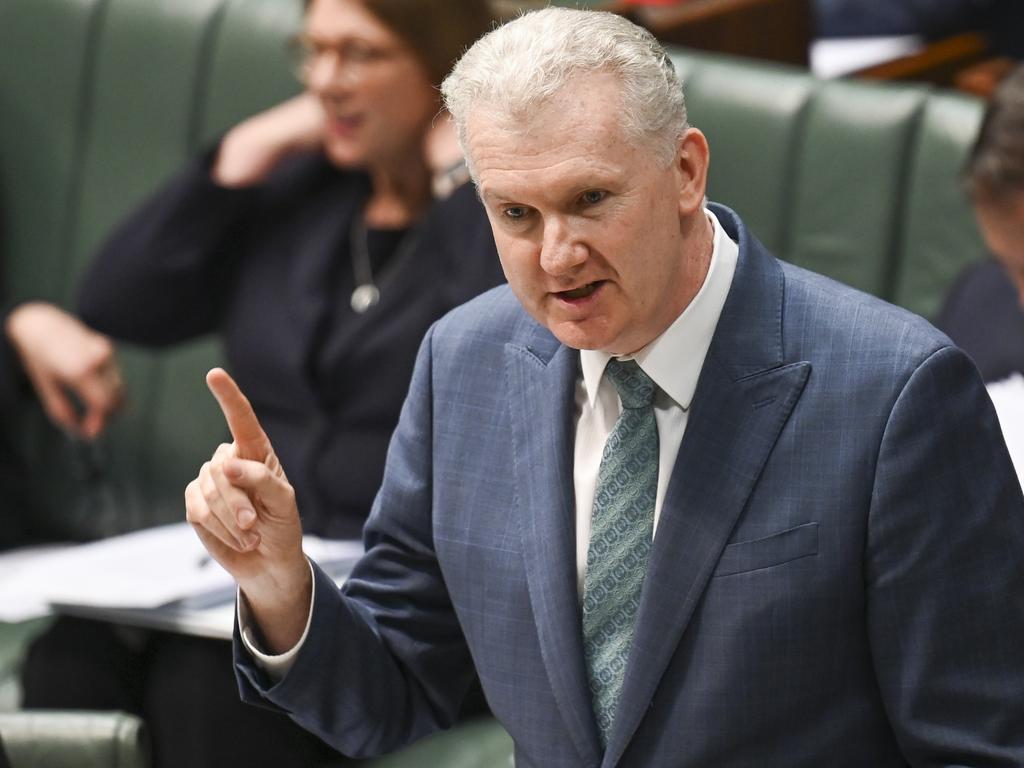

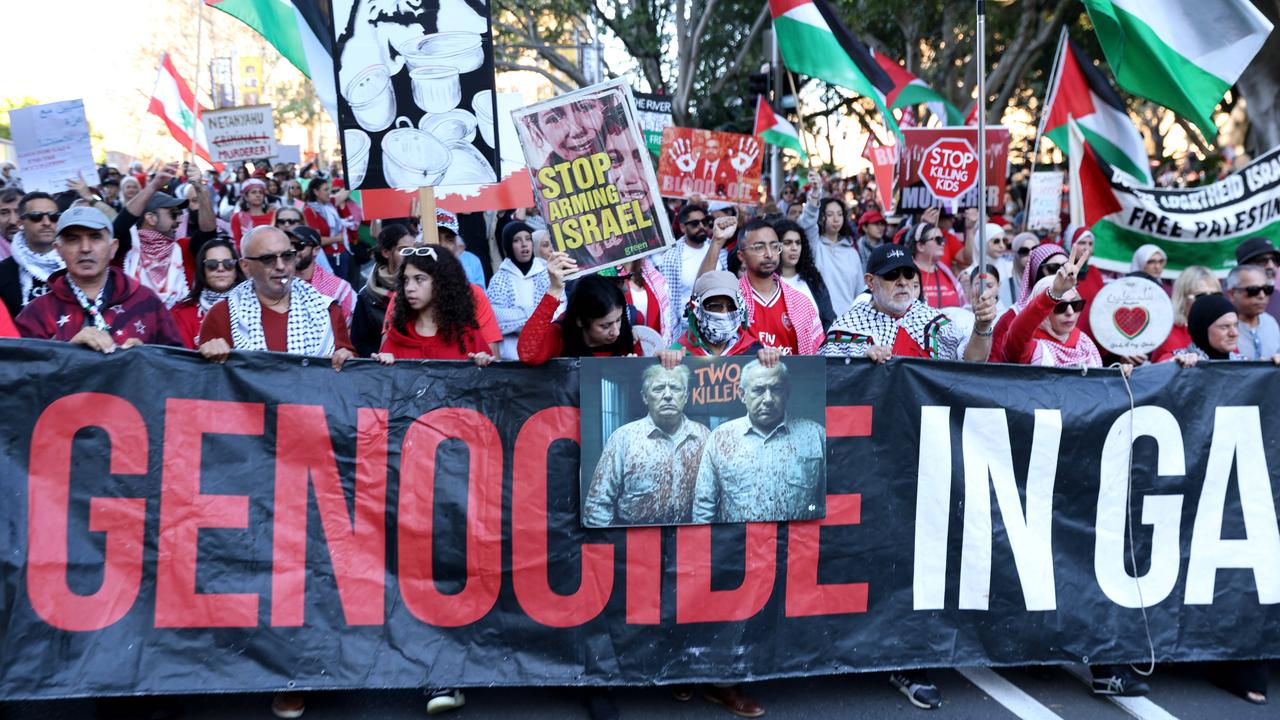
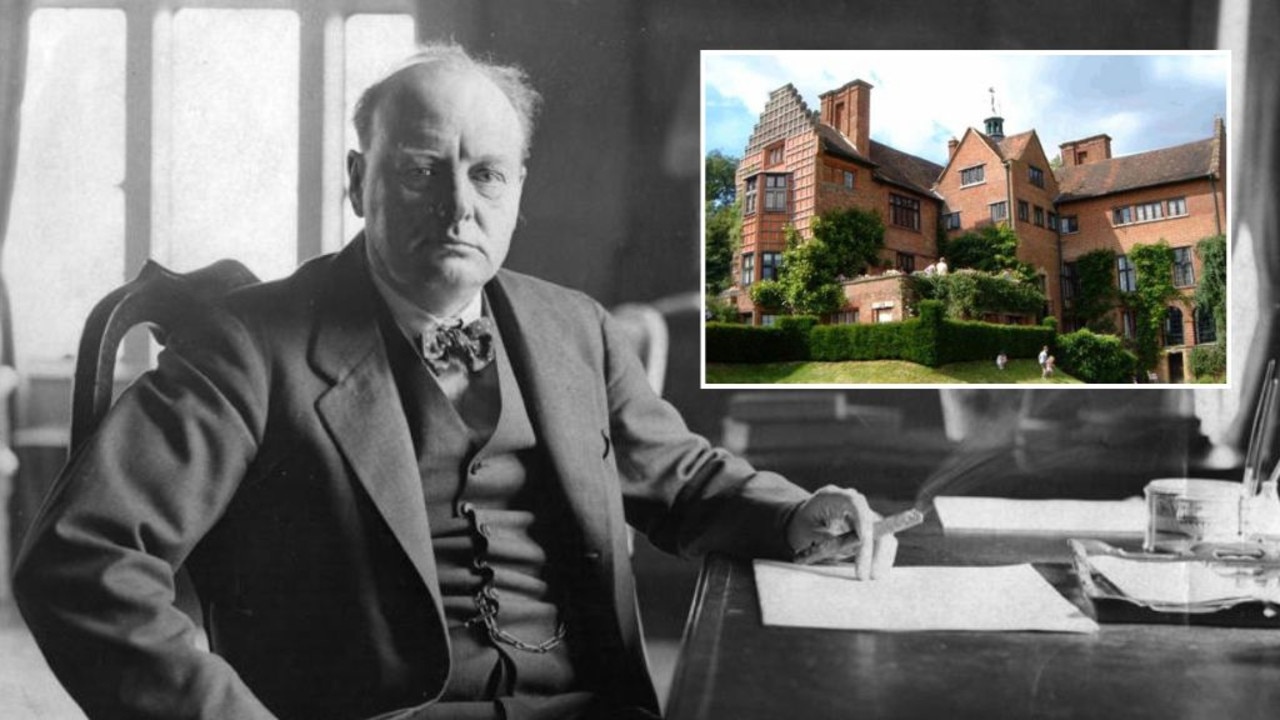
Anthony Albanese believes it is this decade that will be the defining one for the nation. The strategic and economic outlook has rarely been more uncertain. Having emerged from the pandemic, the West has continued to career towards a broader and more hazardous footing, militarily and ideologically. This carries with it obvious and potentially profound economic consequences.